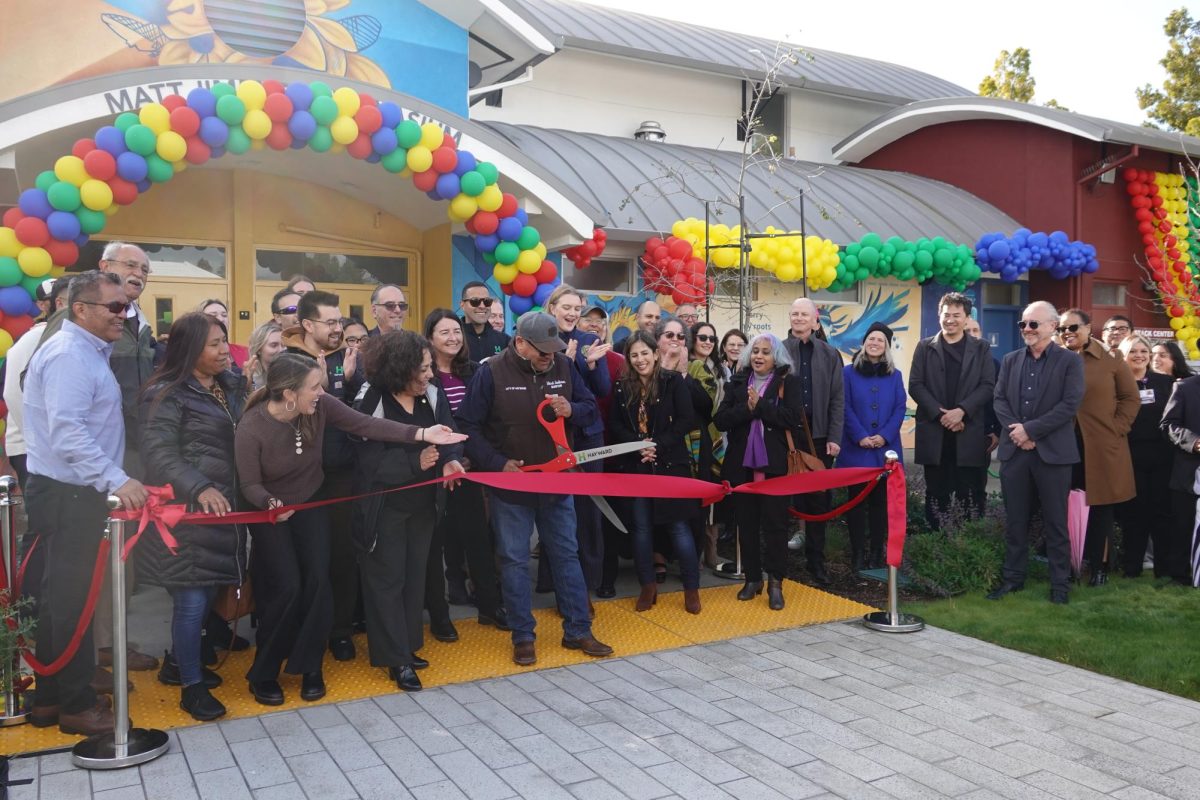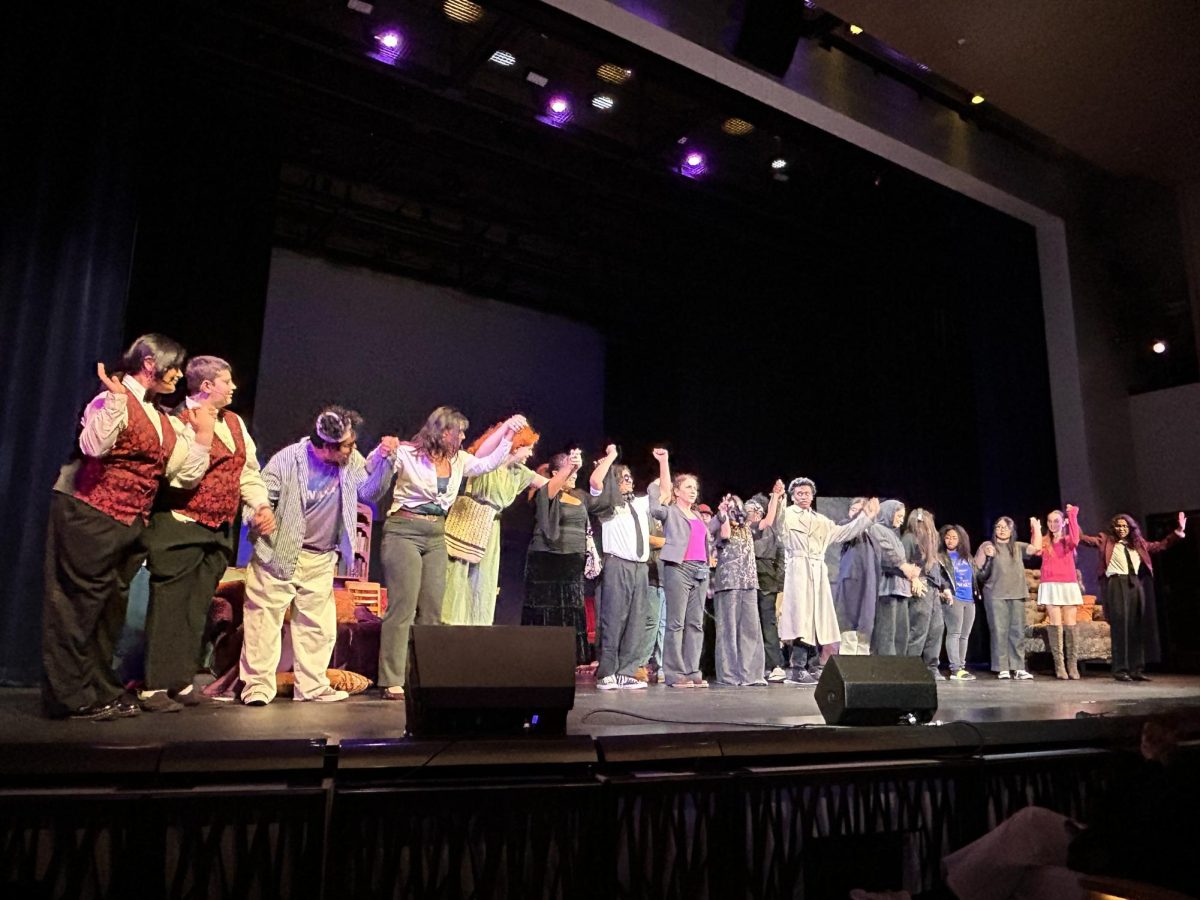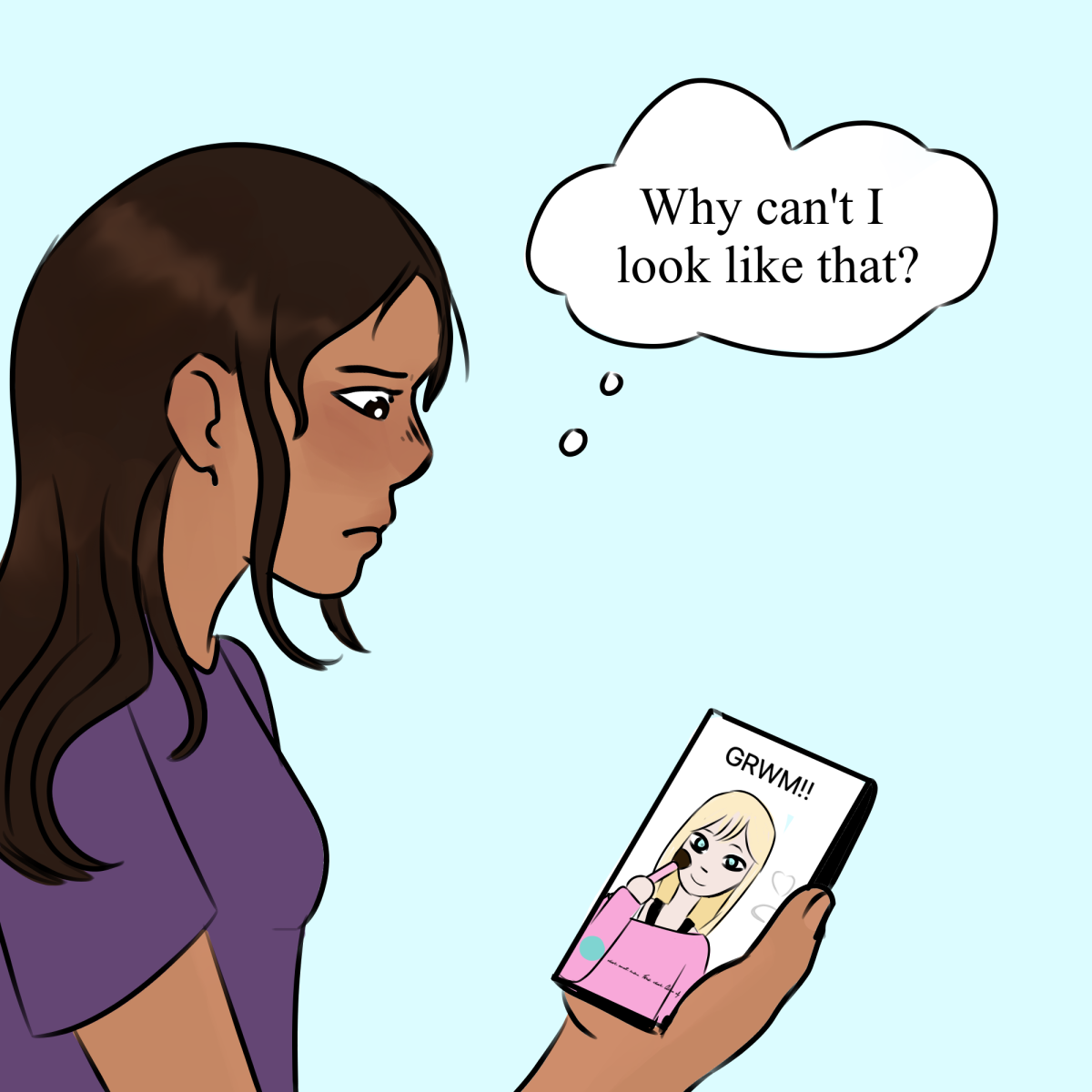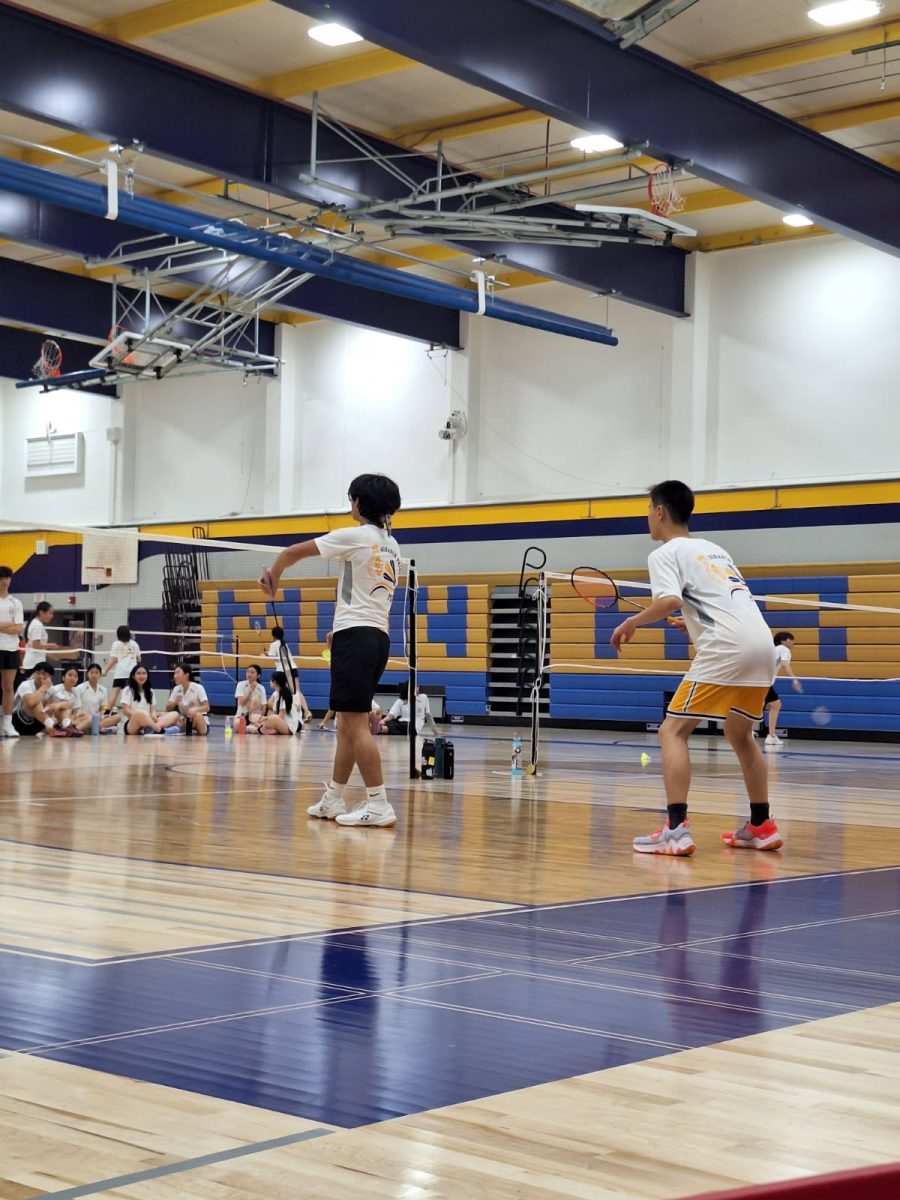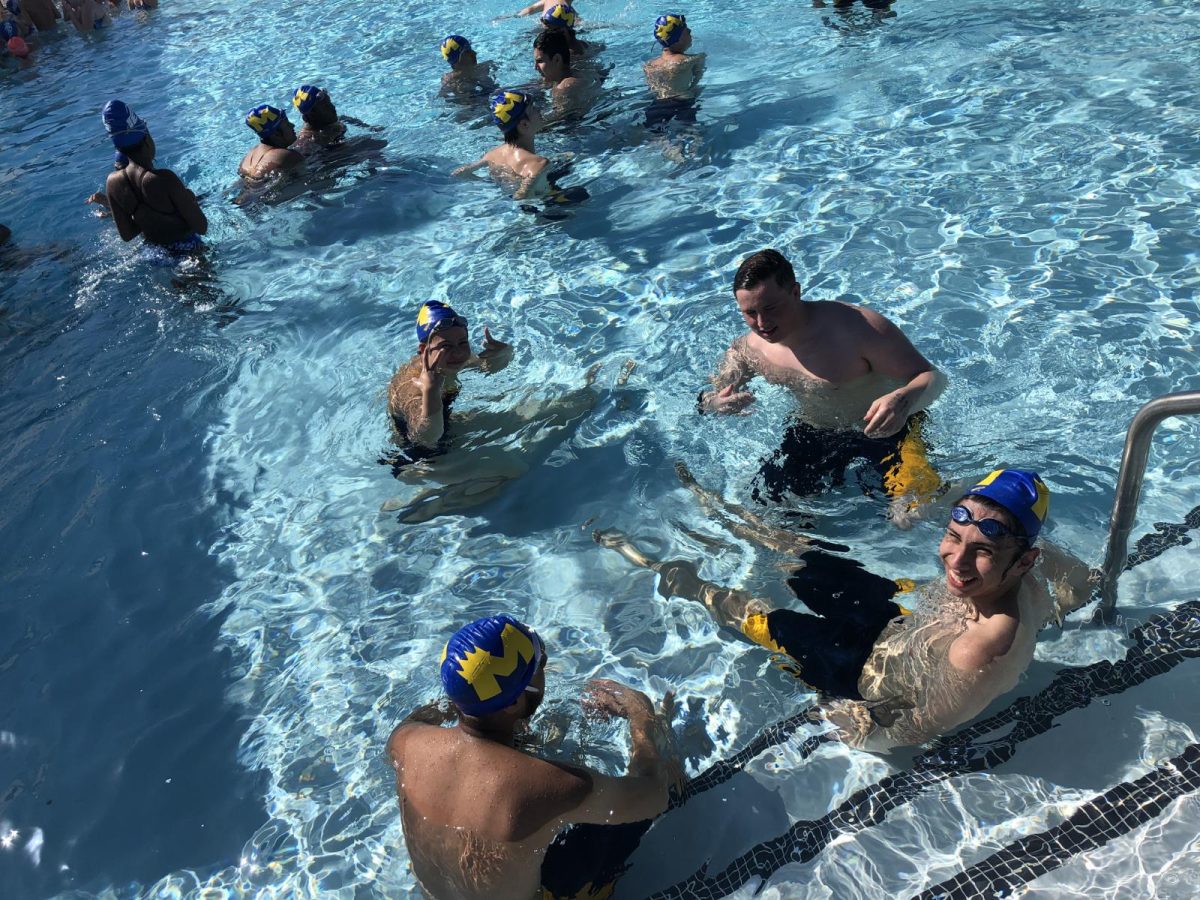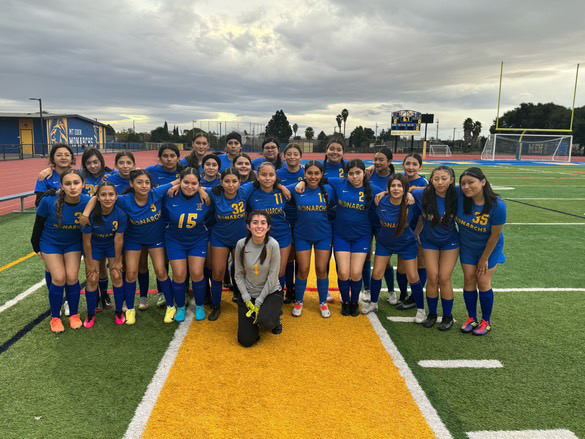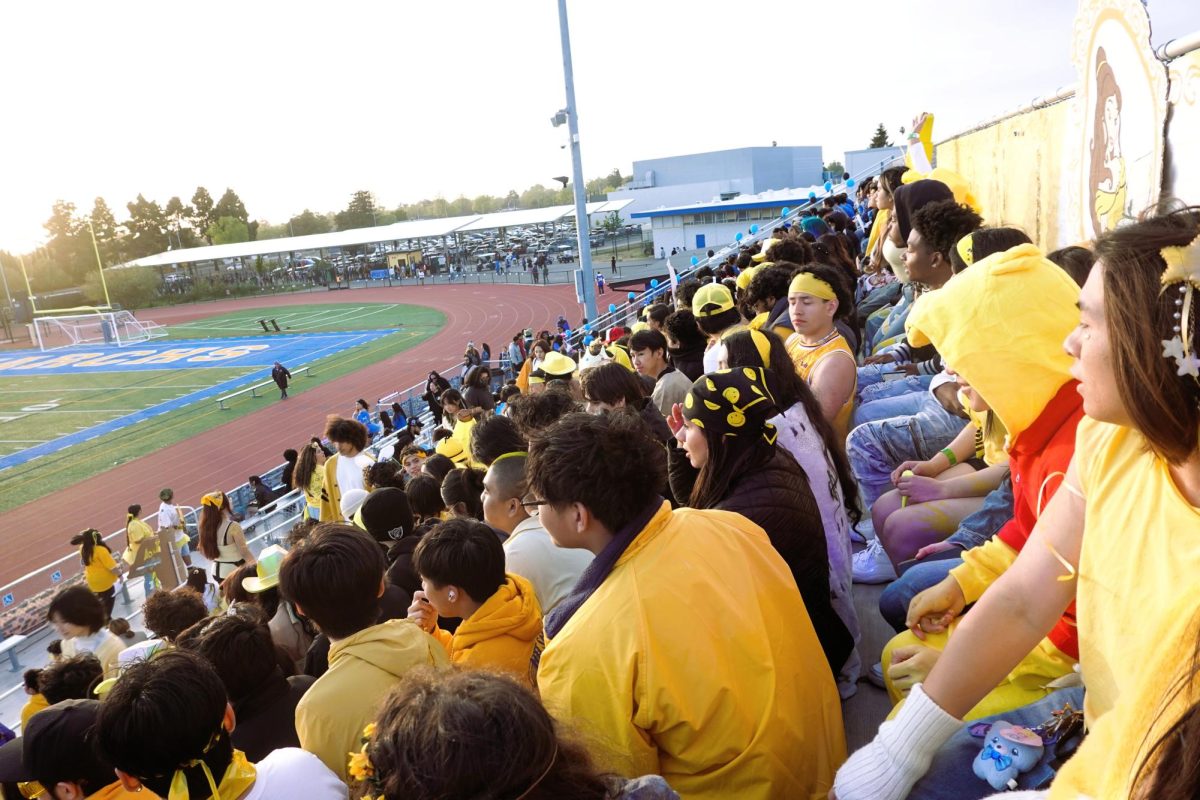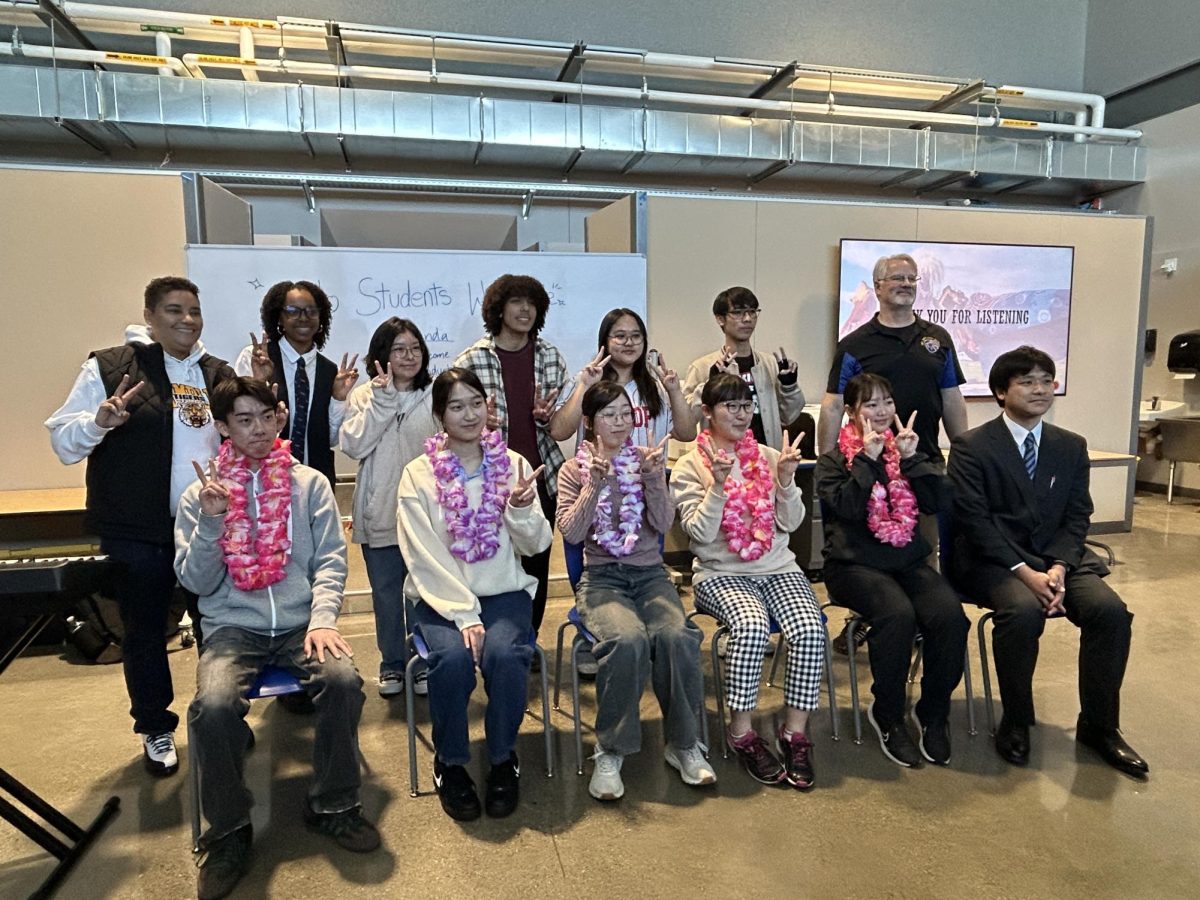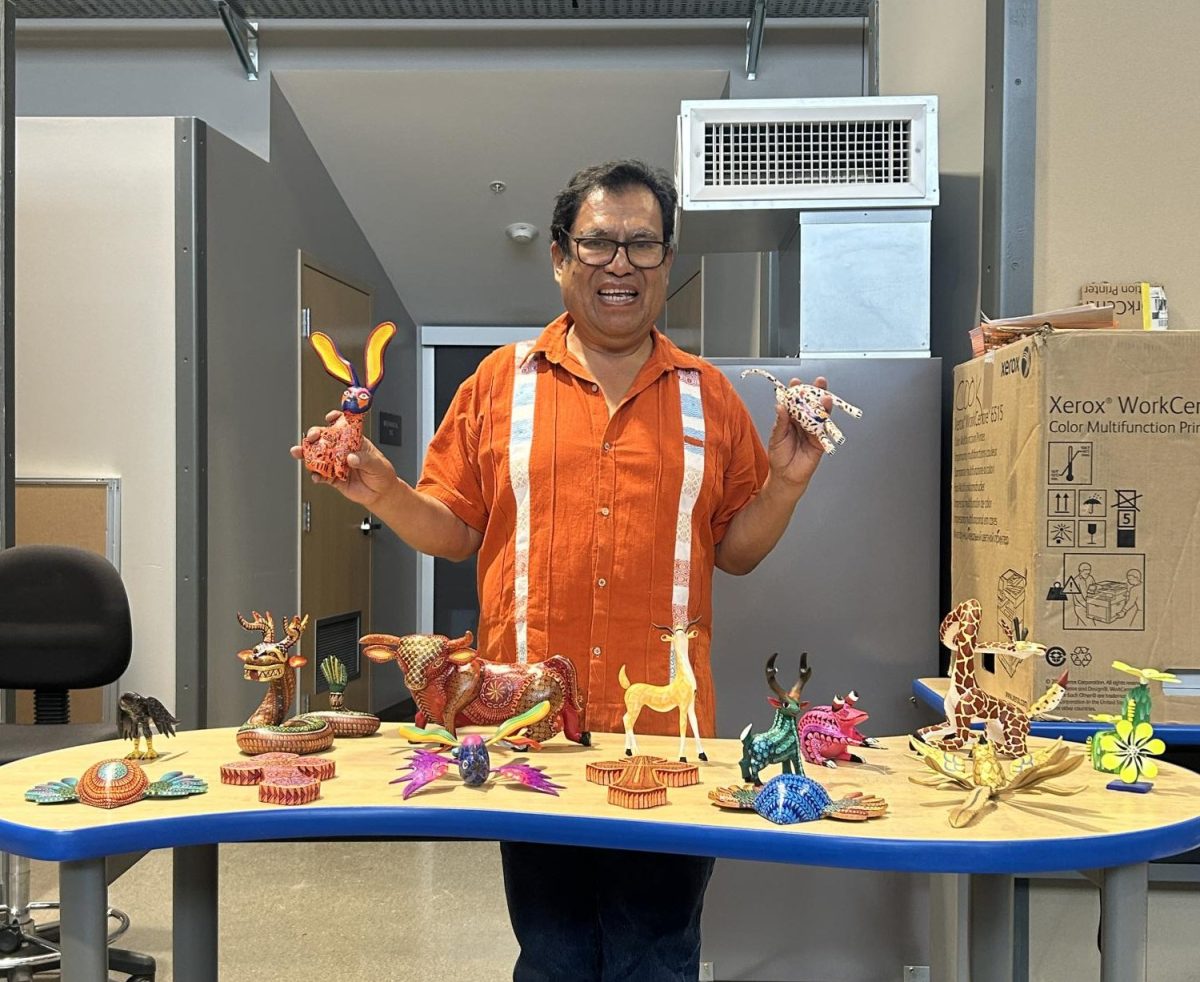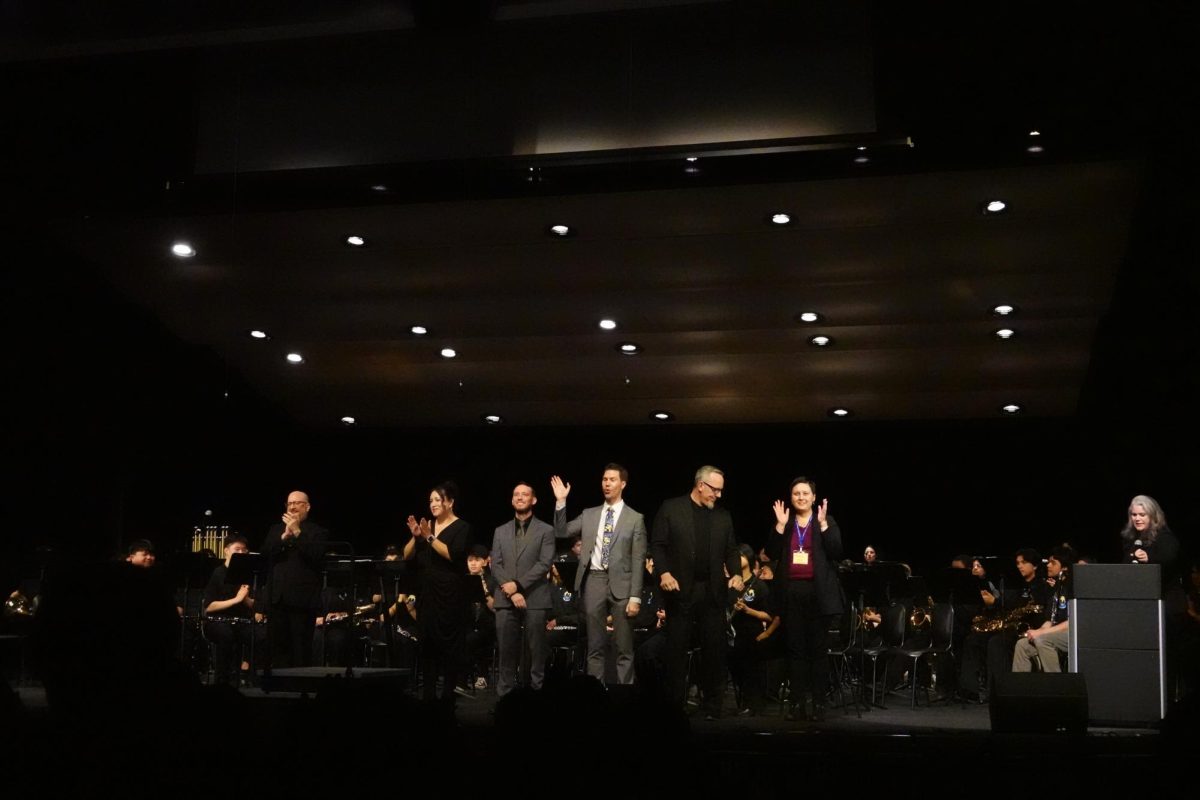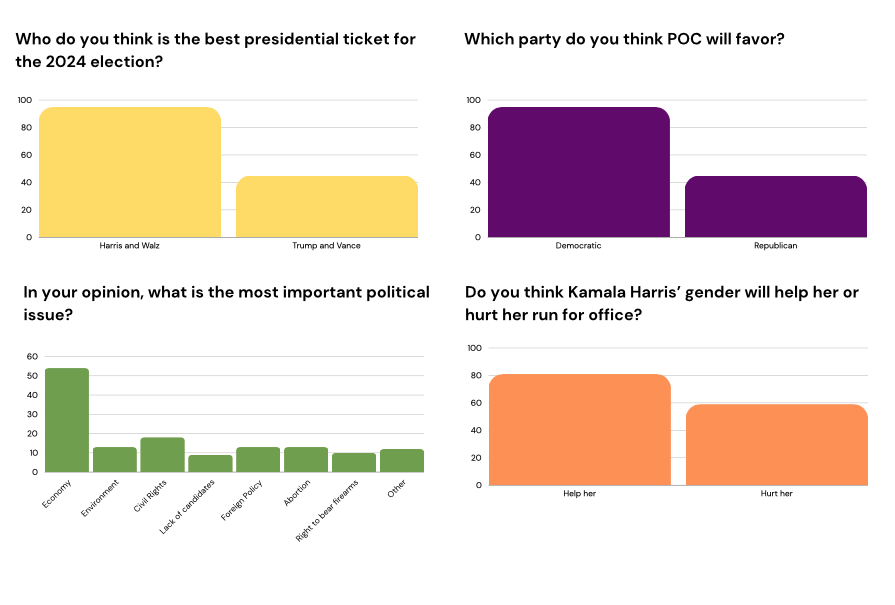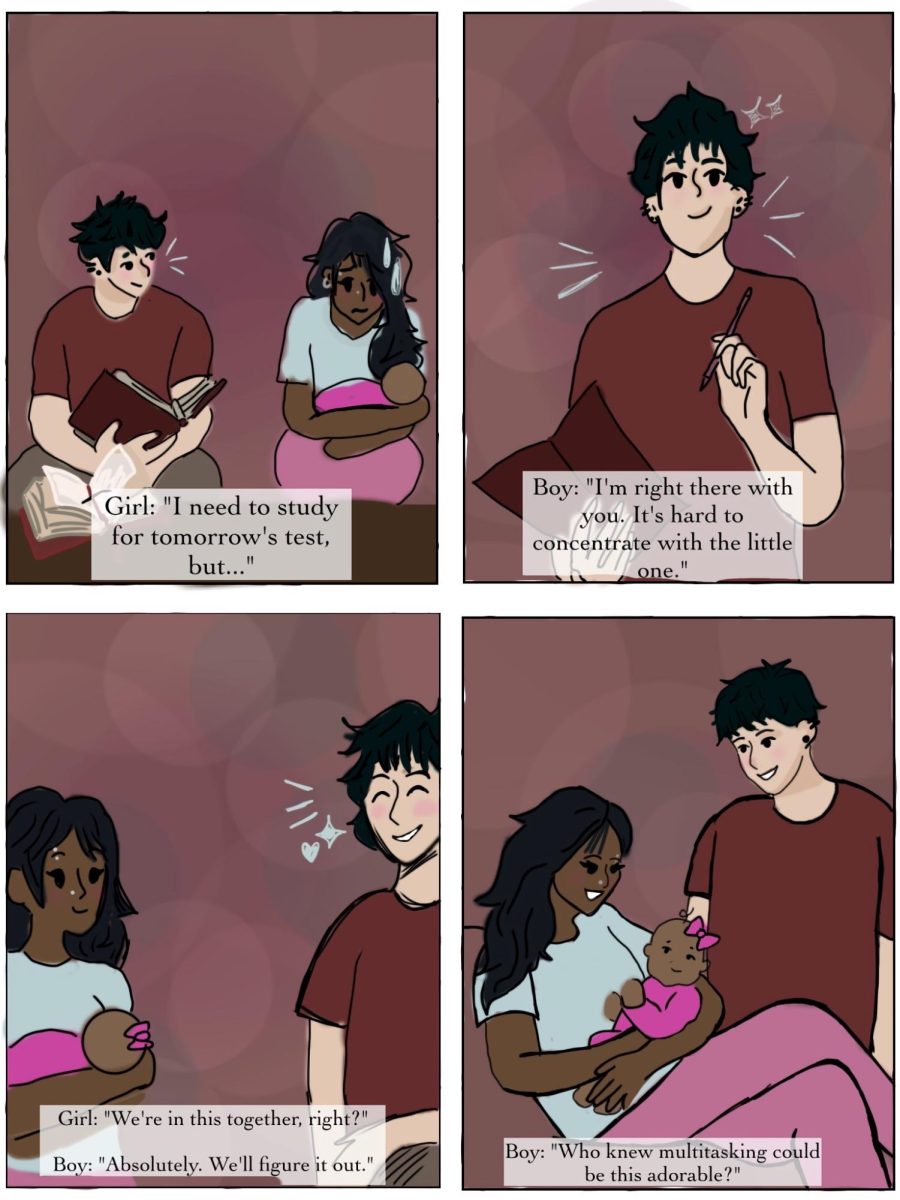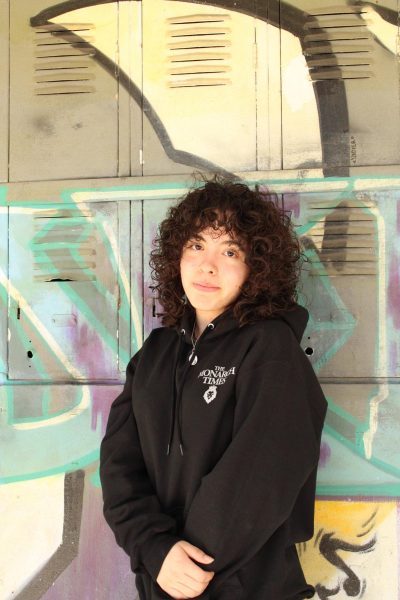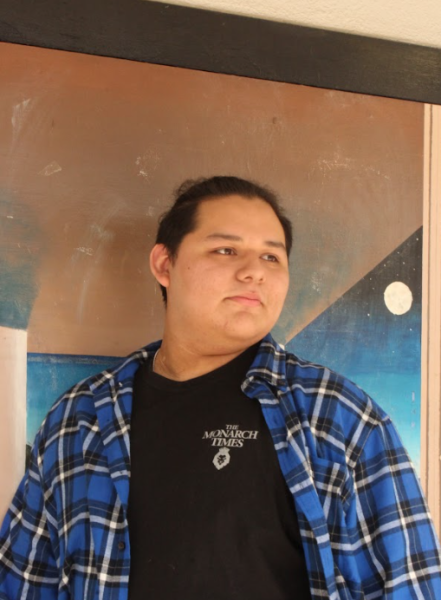Currently, California’s state law, known as the California Healthy Youth Act, requires that students in grades 7–12 receive sexual health education as well as HIV prevention education at least once in middle school and once in high school. The law requires that instruction and materials used during sex education is age-appropriate, medically accurate, and appropriate for people of all races, genders, and ethnic backgrounds. Additionally, parents are given the option to remove their children from sex/HIV education classes, most commonly referred to as the “opt-out” policy.
In 2018, California enacted three pieces of legislation that impact sex education in schools. One allows school districts to teach the potential risks and consequences of creating and sharing sexually suggestive or explicit materials through cell phones and media, the second requires the already-mandated information about human trafficking, and the third extends California’s Healthy Youth Act to charter schools, requiring them to provide sexual health education in grades 7–12.
A common debate when discussing sex education is whether or not it should be taught in elementary and middle school. While most schools start addressing sexual education in 6th grade, the National Sexuality Education Standards states that some schools in the United States start as early as grades 4 or 5. Ages 10-11 can be seen as a prominently early age for children to be learning about sexual education, while some people argue that this education helps students make better decisions concerning sex.
“Health class is only a semester and in that semester I am obligated to teach so many things,” said Mt. Eden Health and AVID teacher Britanya McCoy. McCoy thinks schools do not provide enough sex education for students in order to prevent things that can be taught. Because the health class for freshmen is only a semester long, she said “each topic is an overview, we don’t have time to go deep into any subject.”
McCoy added, “If you were to look at the current textbook HUSD gives students and looked at the sex part, you would think that being gay is a sin.” When asked if she thinks schools provide enough queer sex education for students, Carrie King, an art teacher at Mt. Eden said, “Is there any? My guess is there’s none.” King expressed the importance of teaching LGBTQIA+ sex education as there is a lot of misinformation when it comes to safe sex practices.
King said that when it comes to this kind of information it’s a tightrope because this could fuel backlash for accusations of indoctrinating children.
The Monarch Times interviewed one female and one male from each grade. Mt. Eden freshman Addy Nguyen and sophomore Austin Cumero both say the school is not providing proper sex education for students. “I think classes should have boxes of condoms that students can just take,” Nguyen shared. In Cumero’s opinion, “They [the school] don’t prepare you for things teenagers are doing in school.” Although there are many laws that require extensive sex education in schools, many U.S. children do not receive comprehensive sex lessons and rates of formal sex education have significantly declined recently.
According to the California Department of Public Health, the number of births among adolescent females has significantly increased from the early 2000s. As of 2021, the teen birth rate was 9.3 births per 1,000 young women ages 15-19. According to the World Health Organization, 55% teens fell pregnant due to lack of information on sexual and reproductive health and pregnancy prevention resources. When asked if she knew where she could get pregnancy prevention resources, condoms, birth controls, etc, Mt. Eden sophomore Jasmine Aguilar said that she doesn’t know where she can get them. Similarly Mt. Eden senior Irene Moreno also claimed she is unaware of the places that she can receive contraceptives.
A non-profit Planned Parenthood ensures that all people have access to the care and resources they need to make proper decisions about their bodies, lives, and futures. Their services include STD testing, abortions, birth control, mental health, pregnancy testing, and much more. Although this organization is worldwide, many teens are unaware of what it is and the services they offer.
2 out of 7 interviewees stated they were unaware of the places you can get tested for STDs or receive protections for sex, while 5 out of 7 stated they know where to get tested for STDs and they know places that offer protections for sex.
1 in 4 teens contract a sexually transmitted disease every year and 50% of STDs are diagnosed to people aged 15 to 24. The average age to begin having sex is 17 years old, which is part of the reason why that age group has such high STD rates. Adolescent girls are more prone to STDs because they have lower production of cervical mucus, making it harder to combat STDs.
However, it is not only up to women to educate themselves on safe sex, but also men. Mt. Eden junior Daniel Costes said that he knows you can get pregnancy prevention resources at a local pharmacy, CVS, Walgreens, or any place that takes medications. Mt. Eden senior Anthony Sanchez shares that he is aware of the places that test for STDs and also offer protections for sex. Mt. Eden freshman Jesus Velazquez also shared in an interview that he knows you can get resources for safe sex at a pharmacy and even a nearby 7-11.

